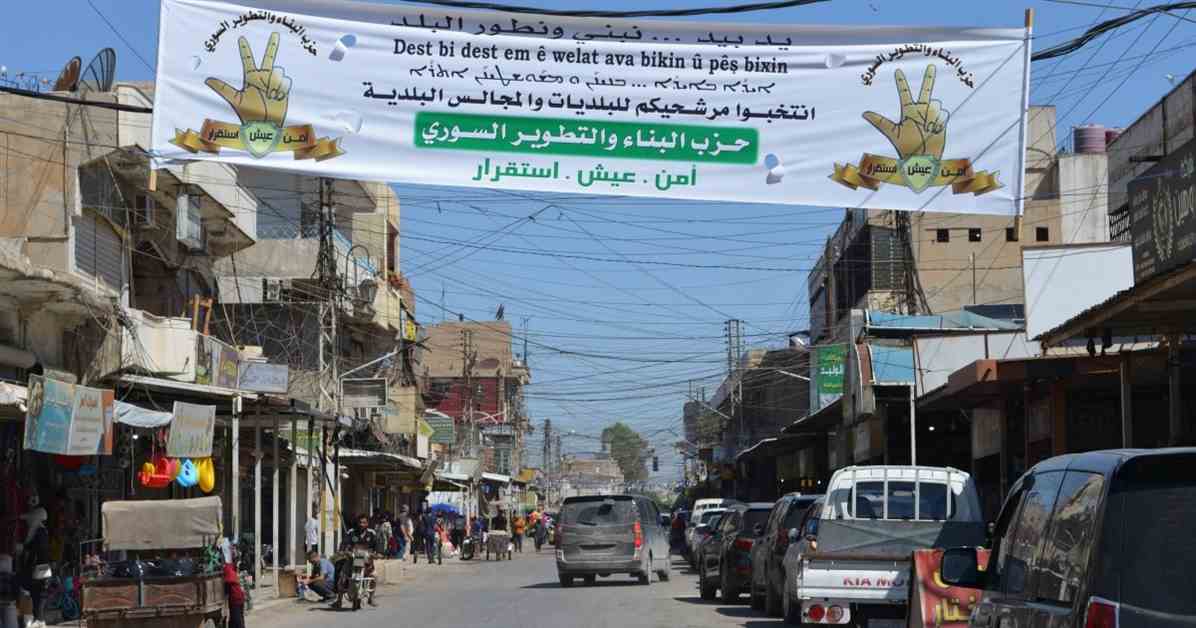The United States has long been a proponent of free and fair elections worldwide, supporting democratic processes in various countries. However, a recent decision by the US Department of State to urge officials in northeast Syria to postpone elections has raised questions about the country’s commitment to democracy in the region.
In the semiautonomous region of the Democratic Autonomous Administration of North and East Syria (DAANES), plans were in place to hold municipal elections with a significant number of women candidates running for office. These elections, which were set to be the largest outside of regime control since the conflict began, aimed to promote democracy and gender inclusion in the region.
Despite the region’s efforts to organize transparent and inclusive elections, the State Department’s message urging officials to halt the process has caused confusion and concern. This decision has led to speculation about whether the US government bowed to Turkish threats or if there were issues with the election procedures in northeast Syria.
One of the key aspects of the region’s governance model is its commitment to gender equality and women’s participation in politics. DAANES has implemented a co-chair system where men and women share power at all levels of government, leading to significant improvements in women’s status and representation in various sectors. The region has made strides in penalizing domestic violence, outlawing polygamy, and integrating women into security forces, highlighting its commitment to gender equality.
Research has shown that including women in governance is beneficial for societal development and democratic legitimacy. Studies conducted in Jordan, Morocco, and Tunisia have demonstrated that women’s participation in decision-making processes increases perceived legitimacy and leads to better outcomes. These findings align with the efforts in northeast Syria to promote gender equality and women’s engagement in public life.
In light of these developments, the US government should reconsider its stance on supporting free and fair elections in northeast Syria. Instead of postponing the elections indefinitely, a clear timeline should be established to ensure that municipal elections are held within a reasonable timeframe. Technical assistance and support from organizations like the National Democratic Institute and International Republican Institute could help facilitate the election process and ensure its integrity.
Furthermore, the US should address concerns raised by Turkish President Recep Tayyip Erdoğan and emphasize that elections in northeast Syria are not a threat to Turkey. By upholding the principles of democracy and supporting democratic processes in the region, the US can demonstrate its commitment to promoting democracy and human rights globally.
In conclusion, the decision to delay elections in northeast Syria raises important questions about the US government’s commitment to democracy in the region. By supporting free and fair elections and encouraging women’s participation in governance, the US can help advance national security, human rights, and peace in the region.





















